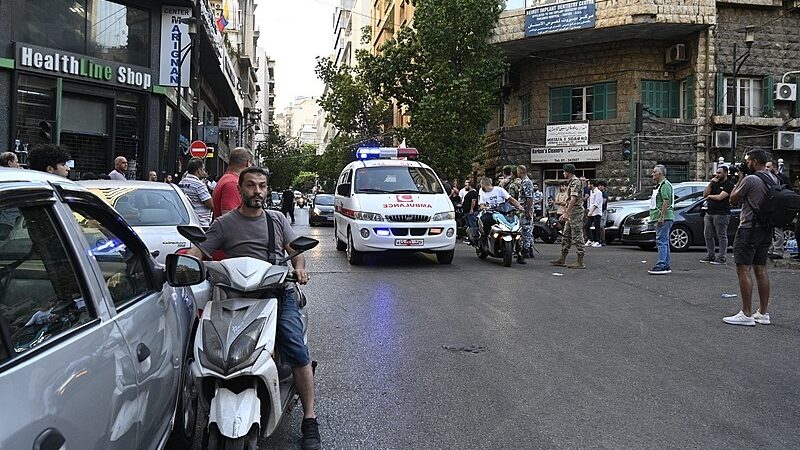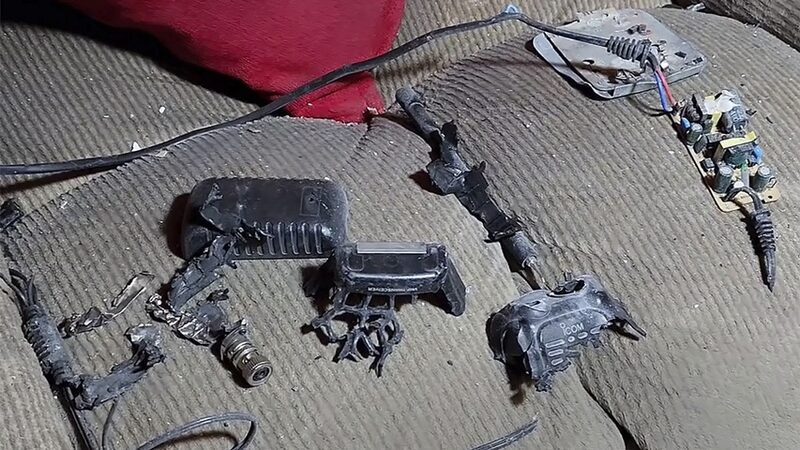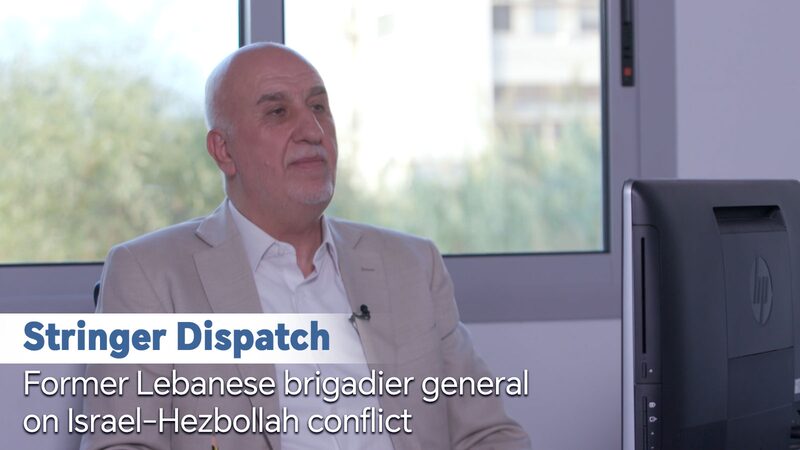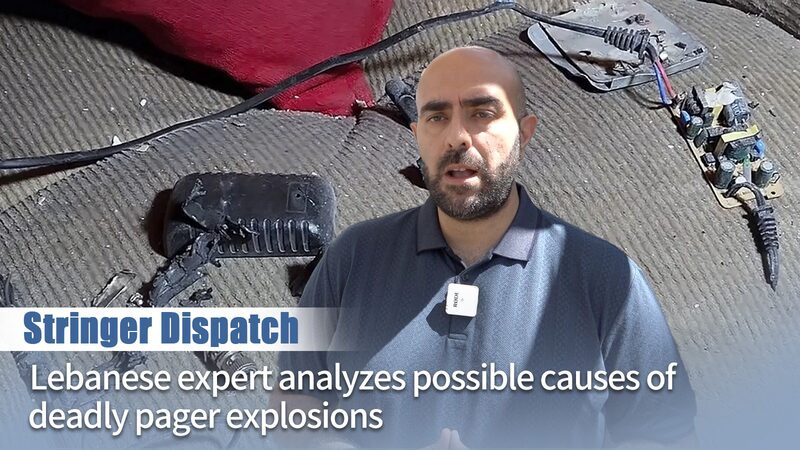On September 17, Lebanon was shaken by a series of handheld pager explosions that occurred across various parts of the country, including the capital city of Beirut. The unexpected attacks have introduced a new level of uncertainty in the region, raising concerns about a potential shift in the nature of conflict in the Middle East.
In response to the explosions, Hezbollah issued a statement holding Israel “fully responsible” for the incidents. The Israeli government has yet to issue an official response, leaving many questions unanswered about the origins and motives behind the attacks.
A New Form of Conflict?
The use of handheld pagers as tools for explosive attacks represents a significant departure from traditional methods of warfare in the region. Historically, conflicts between Israel and Lebanon have involved conventional military tactics, such as cross-border skirmishes, rocket attacks, and airstrikes. The introduction of remote, distributed sabotage tactics signals a potential shift toward asymmetrical warfare strategies designed to instill widespread fear and uncertainty without direct military engagement.
These explosions differ from traditional attacks in their ability to target civilian populations with precision and to cause profound psychological harm. By converting everyday communication devices into weapons, the perpetrators have introduced an unpredictable and omnipresent threat. Civilians and security forces alike are now faced with the unsettling possibility that commonplace objects could be turned against them at any moment.
The psychological impact of this new method of attack cannot be overstated. The sense of vulnerability it creates extends beyond the immediate victims, permeating society and potentially disrupting daily life. This form of warfare challenges conventional defense mechanisms, as it is more difficult to anticipate and prevent attacks that utilize ordinary devices in unconventional ways.
Moreover, the covert nature of these explosions makes it challenging to trace responsibility and respond effectively. Such tactics allow actors—whether state-sponsored or non-state entities—to instigate violence while minimizing the risk of immediate retaliation. If this method becomes more prevalent, it could signify a broader shift in regional conflicts toward decentralized, low-cost attacks that undermine national security without necessitating large-scale military operations.
Regional Implications
The handheld pager explosions in Lebanon may signal a new chapter in Middle Eastern conflicts, one that requires a reevaluation of security measures and conflict resolution strategies. The international community, regional powers, and local authorities must consider the implications of this development on stability and peace efforts.
As tensions rise, there is an urgent need for dialogue and cooperation to address the root causes of conflict and prevent further escalation. Strengthening communication channels and investing in technologies to detect and counter such unconventional threats could be crucial steps toward safeguarding civilian populations.
The situation remains fluid, with many details yet to emerge. Observers and analysts will be watching closely to see how this new development influences the dynamics between Israel, Lebanon, and the broader Middle East region.
Reference(s):
Handheld pager explosions in Lebanon: A new era of conflict in the ME?
cgtn.com








